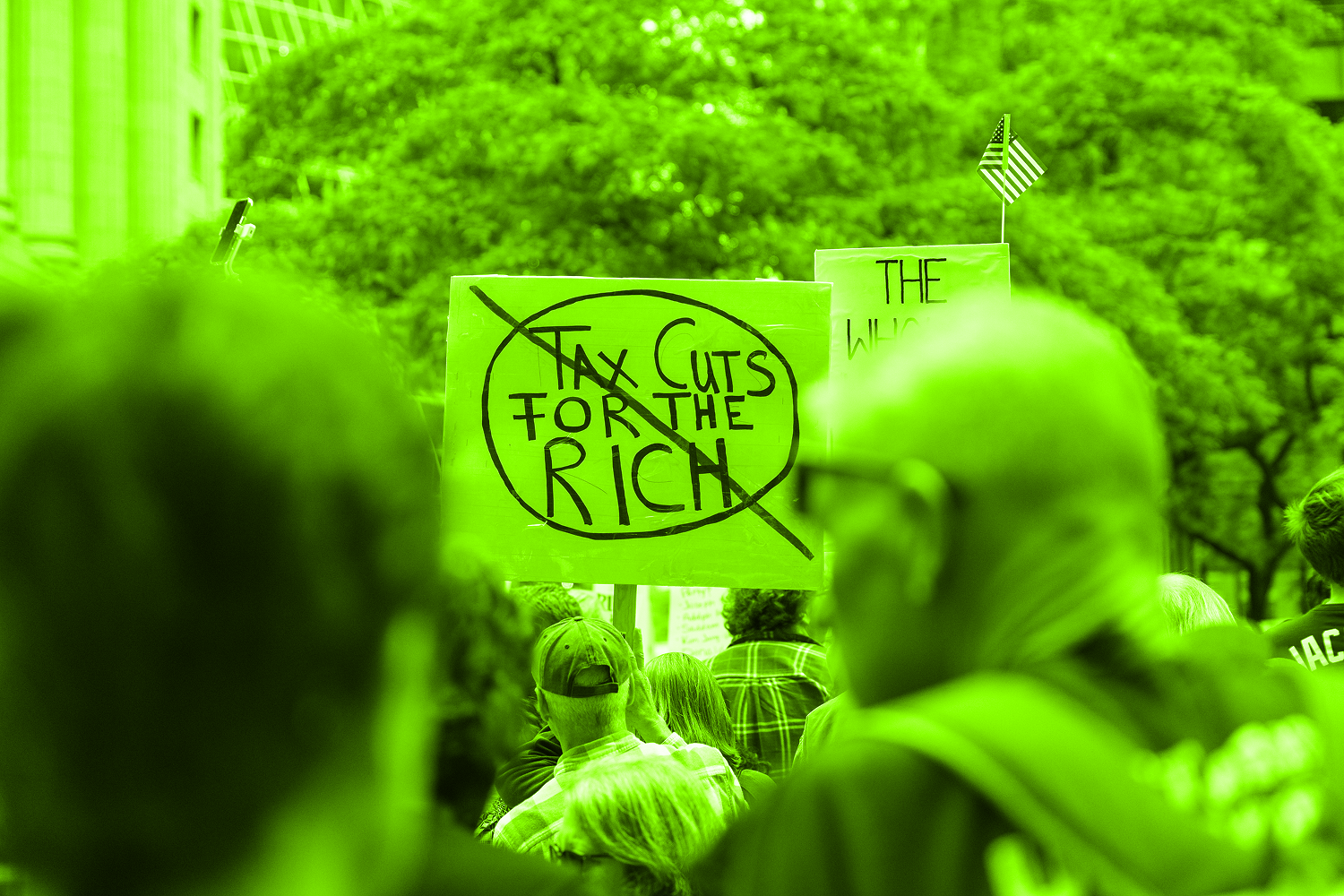Help ‘One Big Beautiful Bill’ not become law
President Trump’s “One Big Beautiful Bill” is speeding towards a floor vote in the Senate, and the latest text of the package includes major blows to clean-energy incentives and renewables. The bill jeopardizes tax credits for nearly 800 clean-energy projects—including wind, solar, and battery storage—and could also yank financial incentives that help normal folks invest in heat pumps, solar panels, home energy audits, EVs, and more. According to estimates from Princeton University, the changes could cost the average household as much as $415 in increased energy costs every year. The positive news, though, is that a massive wave of voter pressure has already moved the Senate to reconsider its wildly unpopular plan to sell off public lands. Now it’s time to keep the momentum going: Use this script over at 5Calls to tell your Senators to protect clean-energy funding. Experts say phone calls are more impactful, but if emailing is your only option, here are some tips for doing it effectively.
Yup: Private jets are the worst
Anyone who boards a plane is already among the world’s top carbon emitters. That’s why we should all try to fly less and choose more sustainable ways to get around. But when it comes to emissions, the average traveler has nothing on the ultra-wealthy: A billionaire emits more carbon during a 90-minute private flight than most people will in their lifetime. A new study from the International Council on Clean Transportation estimates that private jet emissions jumped 25% over the last decade, producing some 19.5 million metric tons of greenhouse gases in 2023. That’s more than the total planet-warming potential of every flight that departed London’s Heathrow, the fourth busiest airport in the world. In short: The warming impacts of private jets—like, ahem, those that wing celebrities to their rich friends’ weddings—are staggering. The good news is that it is possible for policy to get more of those flights grounded. Here’s what regular travelers can do to push for a better system
Plant-based milk could come to public schools
Plant-based milks are beloved for many reasons. They’re necessary for the lactose intolerant, they last forever in the fridge, and, yes, they have teeny carbon footprints. But there’s one place in the U.S. where making the switch isn’t easy: public schools. These institutions buy 8% of the nation’s fluid milk supply, and the dairy industry’s hold on school cafeterias is strong. For instance, students can only get a nondairy alternative with a doctor’s note. That could soon change, however. A piece of bipartisan legislation called the Whole Milk For Healthy Kids Act is winding its way through congress, reports Sentient Media. If made law, the bill could give schools the option to make moo-free milk readily available for any child that wants it—no note required. “Removing barriers for students to access nondairy milk options will help school meals align more with dietary science, expand healthy choices for families, and reduce food waste,” said Chloë Waterman, Senior Program Manager at Friends of the Earth.
Ecofeminism is back—and picking up steam
Ecofeminism dates back to the 1970s, but it’s lately been experiencing a newfound surge. The movement—which coalesces around the idea that gender-based violence and environmental destruction have common roots in patriarchy, capitalism, and extractivism—is galvanizing around rights-of-nature laws, which seek to give ecosystems legal rights as living beings. Spain, Bolivia, Colombia, New Zealand, India, and other countries have already passed some of these measures with powerful results, reports Inside Climate News’s Katie Surma.“We didn’t just arrive at this moment of climate chaos,” Osprey Orielle Lake, founder and executive director of the U.S.-based advocacy organization Women’s Earth and Climate Action Network, tells Surma. “It is built upon systems that have created the conditions for us to be at war with our planet instead of living in harmony with nature.”

